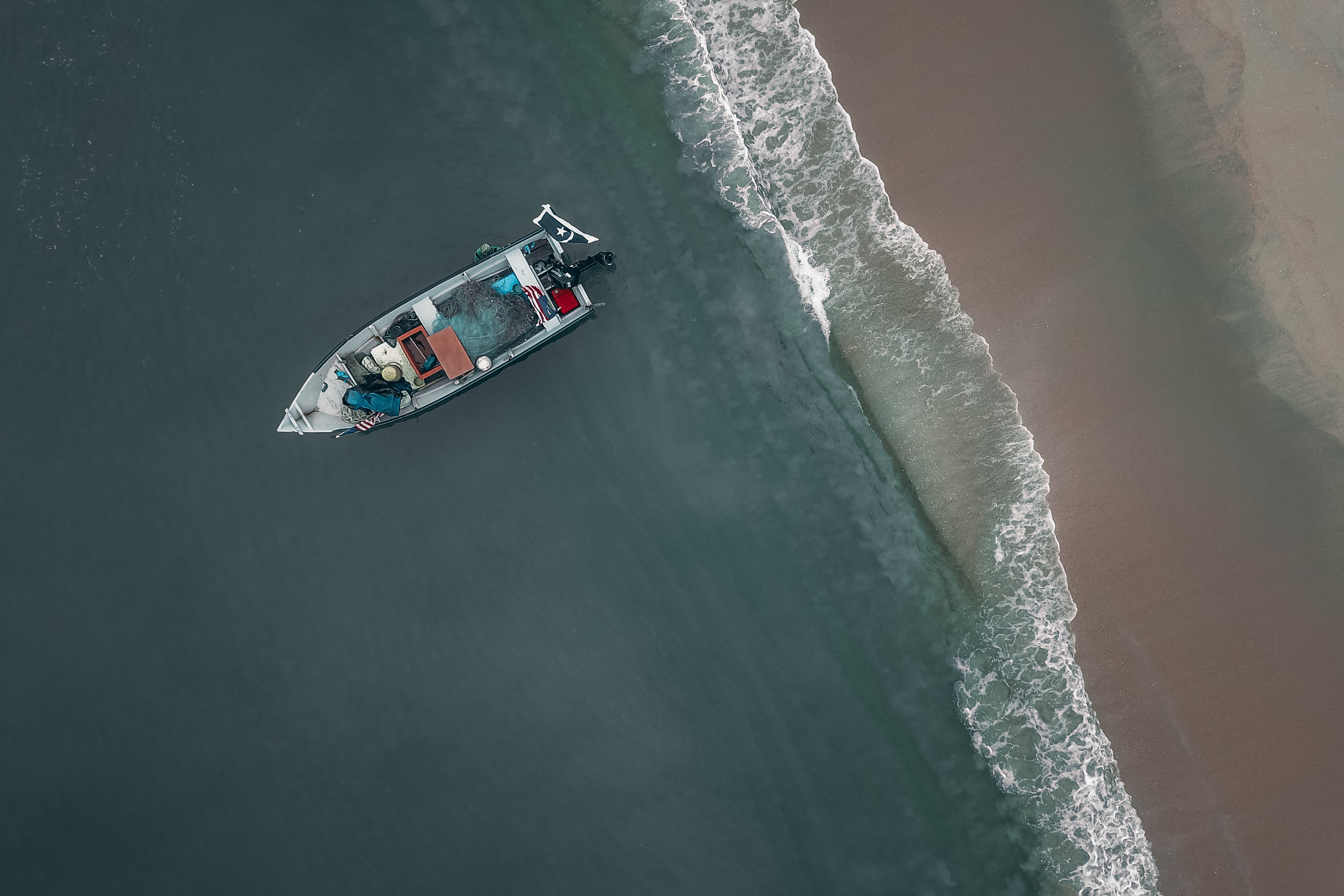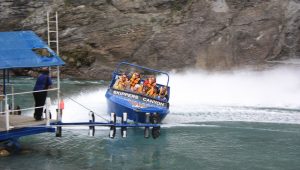There are several water-based activates for people to enjoy. However, there is often the potential of accidents that could lead to serious injuries and damage to the boat. Everybody goes out boating with the hope of returning safe and sound. Just as a precaution, you need to prepare yourself for any eventuality when out on the water. You may have to deal with accidents such as collisions, falling overboard, or even your boat sinking. The first thing to do in this situation is secure yourself and your passenger before calling for help.
In this article, you will go through five steps to take if you are in a boating accident.
- Call for Help
As stated before, the nature of boating accidents varies. This means you need to call the local authorities or flag another boat in your area for help. Ensure you have an emergency contact you can use to reach out for help to the Coast Guard, Rescue team, or local law enforcement agency. As you call for help, it’s best to have another member of your crew working on ways to secure the boat from further damage or another administering first aid to injured crew members.
- Seek Medical Attention
Immediately you reach dry land, it’s best to seek medical attention, even if there are no visible injuries on your body. There are certain injuries that may not display visible symptoms and may only present themselves later when the situation is out of hand. Make sure the health care gives runs enough tests to rule out potential internal injuries that could prove fatal. Visiting the doctor is also a good way of putting together the necessary paperwork you can use to file a claim or pursue a personal injury lawsuit.
- Compile Evidence
Once you are out of the woods, it’s time to gather evidence of the accident. The accident may have resulted from a faulty part, damage from another vessel, or personal liability. However, keep in mind that several boating accidents can occur without you or your crew noticing. In the digital era of today, you probably took a few videos and pictures before you were rescued. Use this time to review these pictures and videos to piece things together.
This step is very crucial after a boating accident. If you have limited knowledge, you can get a professional to help assess and analyze the situation. This involves interviewing those who were present for their account of what happened. With the consent of those present, you can keep an audio or video recording of the conversation for later reference. If another party were involved in the accident, it would be best to get their account of what happened. Take note of their boat’s registration number and insurance policy number.
Once you have everyone’s accounts, go down to the marina and inspect your boat. This way, you can know which parts need replacing and what you need to include in your evidence report.
It’s advisable to report your boating accident to the local authorities. However, not every accident requires you to file a report. Nevertheless, most boating accidents will force you to file a report. In simpler terms, individuals are required by the law to file a report of the accident if there is:
- An injury, death, or disappearance.
- A total vessel loss.
- Property damage worth more than $500.
In most jurisdictions, if the accident involves disappearance or injury, you are required to file the report within 48 hours of occurrence. If it involves death, you are required to file the report within 24 hours. In other situations, you have up to ten days to report the incident.
- Get in Touch with an Attorney
Once you have everything in order, it’s time to find an attorney – especially one specializing in maritime law. The benefit of an attorney is that you can get detailed information about your rights in relation to the incident. Working with a certified attorney comes in handy when you have to file a lawsuit against another party or pursue compensation.
Aside from helping you secure payment for personal injuries, they can also help you negotiate for repairs and purchase of superior parts such as Mercruiser parts.
After a boating accident, it’s best to start with your security and that of fellow crew members and call for help before you can think of any other thing.



Join the conversation!